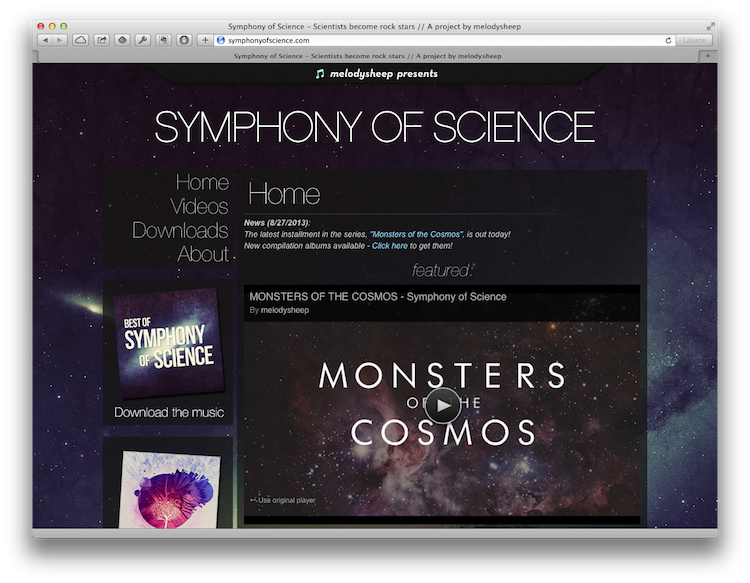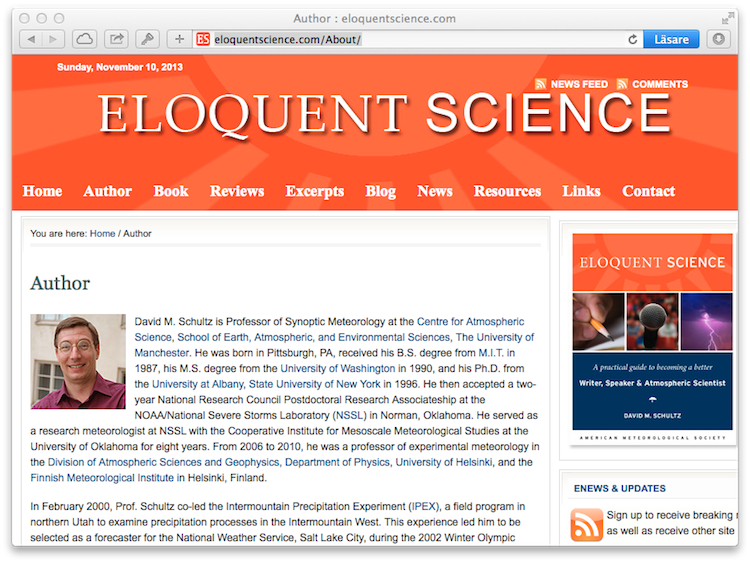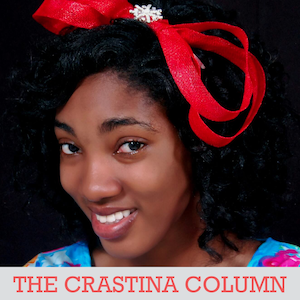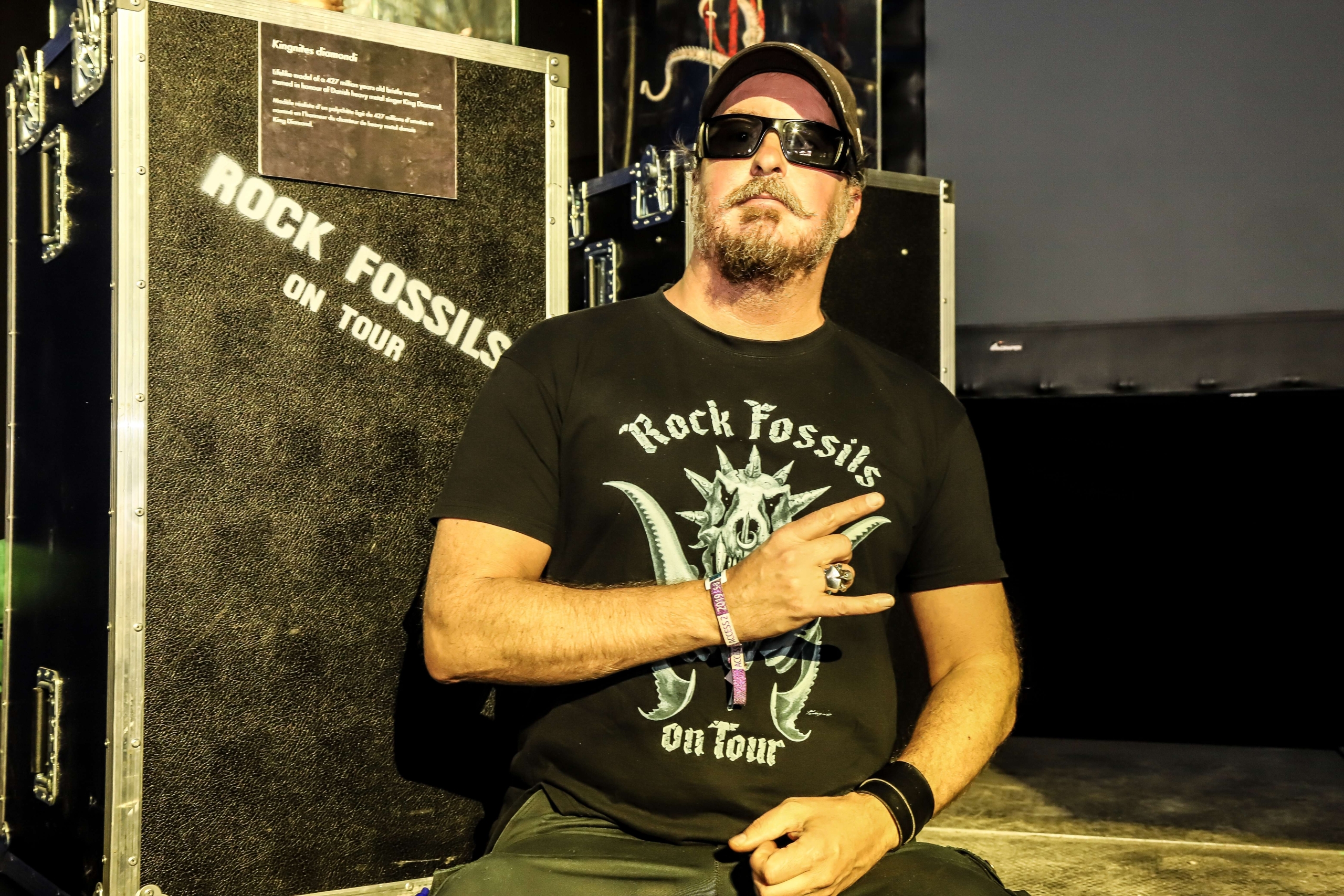Crastina is a platform for the exchange of experience, knowledge and inspiration regarding both scientific peer-to-peer communication and science dissemination
- What? An international network of (mostly young) people who love to communicate science & tech.
- Why? We think science needs to be communicated with more passion and professionalism.
- Where? On our website with interviews & resources + on social media + on Skype and IRL.
- Who? A content group (the Crew), a think tank (the Academy), + lots of friends & contacts.
- When? Right now – as a matter of fact, we’ve just geared up.

36 Ph.D. dances in The Dance Your Ph.D. Contest 2013
I just love this – for the out-of-the-box thinking, for the humour and for the sheer madness of it all – a dance contest sponsored by Science and AAAS.

Symphony of Science inspires both scientists and laymen
If you haven't discovered Symphony of Science before you have surely some great YouTube moments before you. This science, music and video project by John Boswell, an electronic musician from Wasthington, is a stunning source of inspiration for scientists and laymen alike.

The Eloquent Science Interview
A major source of inspiration for Scientia Crastina is Eloquent Science which is both a book and a blog—together they are compulsory reading for the early career scientist interested in modern communication. Scientia Crastina sent some…


















